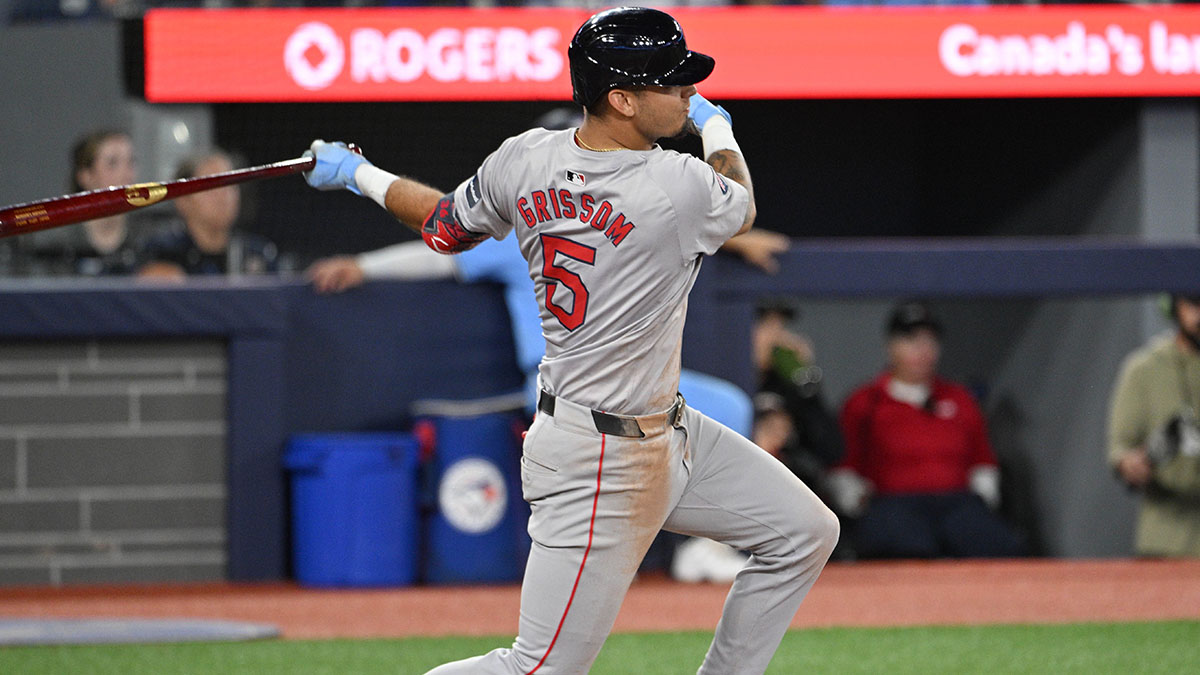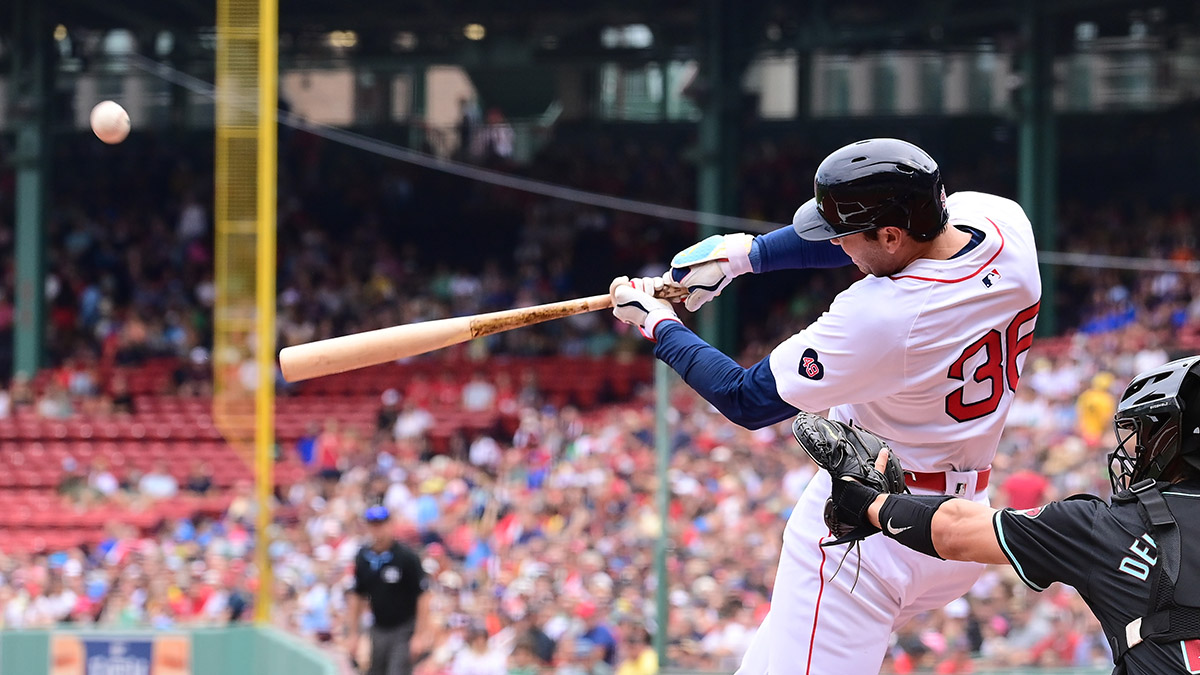The playoff odds didn't reach 0.0 percent until Game No. 159, which makes this Red Sox season a win compared to the last-place misery of 2022 and 2023.
But let's not oversell it.
One of baseball's richest and most storied franchises continues to putter around Also-Ran Land despite an expanded playoff field and the lack of a truly dominant team in the American League. While the Sox are home for October, the mid-market Tigers, who aggressively sold at the trade deadline, and the small-market Royals, who had a sneaky good offseason, project to be playing for the ultimate prize.
Stay in the game with the latest updates on your beloved Boston sports teams! Sign up here for our All Access Daily newsletter.
In that context, it's hard to declare 2024 much of a success. Manager Alex Cora and chief baseball officer Craig Breslow acknowledged as much while addressing reporters in Toronto on Wednesday.
"We blew it," Cora said of a club that once sat 11 games over .500.
Breslow reached the same conclusion, labeling the season "a disappointment."
"We play these games to make it to the postseason and win a World Series," he said.
There's a temptation to focus on the fact that the Red Sox are "headed in the right direction," thanks to the emergence of young All-Stars Jarren Duran -- a five-tool force -- and Tanner Houck, a legitimate No. 2 starter. The farm system just pulled off the impressive double of boasting the game's No. 1 overall prospect in Roman Anthony and consensus Minor League Player of the Year in Kristian Campbell. There's real talent on the horizon. Yay.
But let's stop grading the Red Sox on a curve, because this season was ultimately a failure -- a failure of resources, imagination, and commitment.
MORE RED SOX COVERAGE
The resources part is obvious. The Red Sox spent nothing this winter, resigned to the private internal consensus that they'd be terrible and there was little sense in throwing money after problems that couldn't be solved in one offseason.
And that led to the failure of imagination. For all their detailed projections and dozens of analysts, the Red Sox failed to see Duran, Houck, Ceddanne Rafaela, Wilyer Abreu, Kutter Crawford, and David Hamilton making leaps forward. And even if they couldn't have predicted any of it with certainty, they built out the roster as if it wasn't even a possibility.
Which brings us to the failure of commitment. Ownership didn't believe and therefore did nothing to help. Imagine All-Star right-hander Seth Lugo pitching in Boston for the reasonable price of three years and $45 million instead of Kansas City. The Red Sox showed interest -- a phrase that has become synonymous with "what do you want from us, we tried" -- but wouldn't or couldn't make a real offer.
Lugo is 16-9 with a 3.03 ERA and is one of only two starters in the American League to top 200 innings. The Red Sox would be in the playoffs had he authored that kind of production here, and they let the Royals outbid them.
They similarly whiffed on Cubs lefty Shōta Imanaga and Tigers righty Jack Flaherty (twice, if you include the trade deadline deal that sent him to the Dodgers). Breslow noted that at least the Red Sox pursued valuable pitchers this winter, "which I think bodes well for our ability to identify the right guys again," but come on. Now we're giving credit for picking the guys who'd go on to have great seasons somewhere else?
This is Boston. The Red Sox could've signed all three without breaking the bank. Sorry.
But it's not Breslow's fault. Ever since Henry decided that Dave Dombrowski was spending too much money, with nothing to show for it except a World Series title, the greatest season in franchise history, and an average of 95 wins a year, the Red Sox have just thought smaller and smaller and smaller.

Fiscal prudence is fine, and it often builds a better team than just throwing money at Pablo Sandoval and Carl Crawford, but the Red Sox have taken it too far. Building through the farm doesn't mean neglecting the big-league product until the prospects arrive, but that's exactly the approach they're taking.
And it killed them this year, just like it has killed their brand for five years running. The real story is that they weren't that far off, but Alex Cora and his young core didn't receive enough help. I'd love to say they've finally learned their lesson and a full-throttle winter looms, but who'd bet on that?
So spare me any talk of how positive and encouraging this year was. Until the Red Sox get back into the business of being the Red Sox, we'll just be having the same conversation at this time next year.
A .500 season five years into a rebuild should be no one's definition of success.



